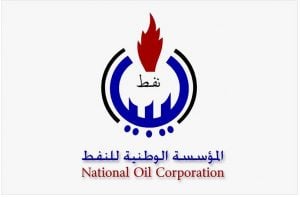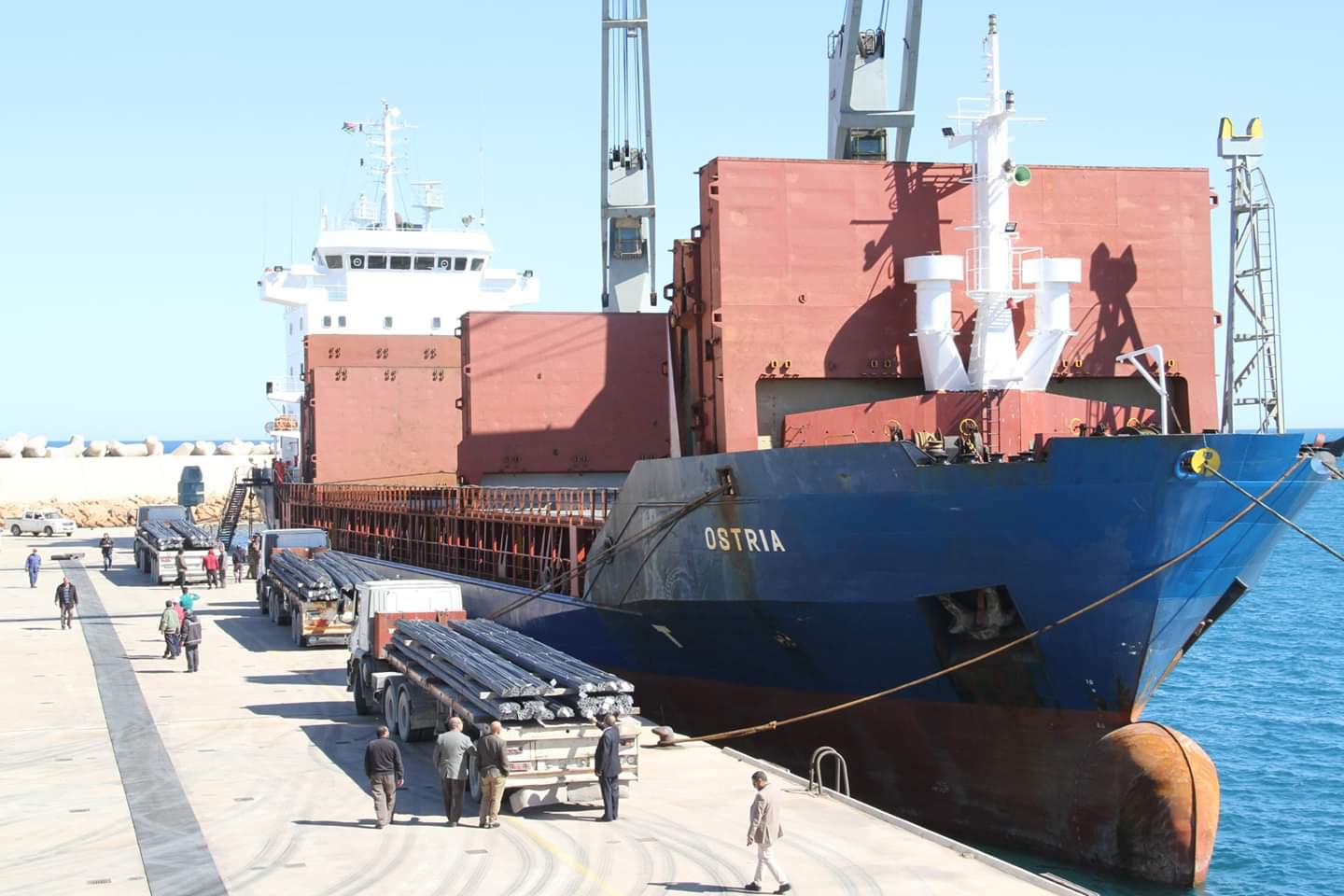By Sami Zaptia.

London, 2 July 2019:
Speaking to reporters at the OPEC Summit in Vienna yesterday, Libya’s National Oil Corporation (NOC) Chairman, Mustafa Sanalla, reviewed Libya’s current oil production outlook and conflict-related threats
He said that the NOC is monitoring developments in the East of Libya in response to what he called “an imminent threat to production”.
He said that more than 700,000 bpd are at risk if the international community does not uphold UNSC resolutions.
Sanalla reported that the NOC is struggling to maintain its current production rate of around 1.3 million bpd.
He said that the situation in Libya is fragile and that staff safety was the NOC’s key priority.
He warned that the situation may necessitate the withdrawal of workers from militarized facilities, thereby obstructing the NOC’s ability to maintain and increase production.
Sanalla insisted that Libya must remain exempt from any production cuts and have the right to recover production lost through conflict, adding that Libya has lost 25 million barrels of oil this year alone.
Sanalla also warned that what he called “parallel institutions” were taking measures to sign contracts and export oil at discount from the official selling price, while leading disinformation campaigns and attempting to lobby the UN.
The NOC is liaising with the international community to uphold UNSC resolutions, he added.
By “parallel institutions” Sanalla was referring to the alternative Libyan “Interim Government” based in the eastern city of Beyda which is recognized by the internationally recognized Libyan parliament, the House of Representatives (HoR), based in the eastern town of Tobruk.
The international community only recognizes the Tripoli-based Presidency Council and Government of National Accord led by Faiez Serraj.
Equally, and by extension, it only recognizes the Tripoli based NOC led by Sanalla.
The eastern based parallel institutions have attempted to export oil directly through their own branch of the NOC.
The UN Security Council has passed a resolution prohibiting the export of Libyan oil by unrecognized Libyan institutions not aligned with the Tripoli government.
The internationally recognized Tripoli government is currently in a military conflict with the mainly eastern based forces, the Libyan National Army (LNA) commanded hy Khalifa Hafter. The LNA is recognized by the HoR.








